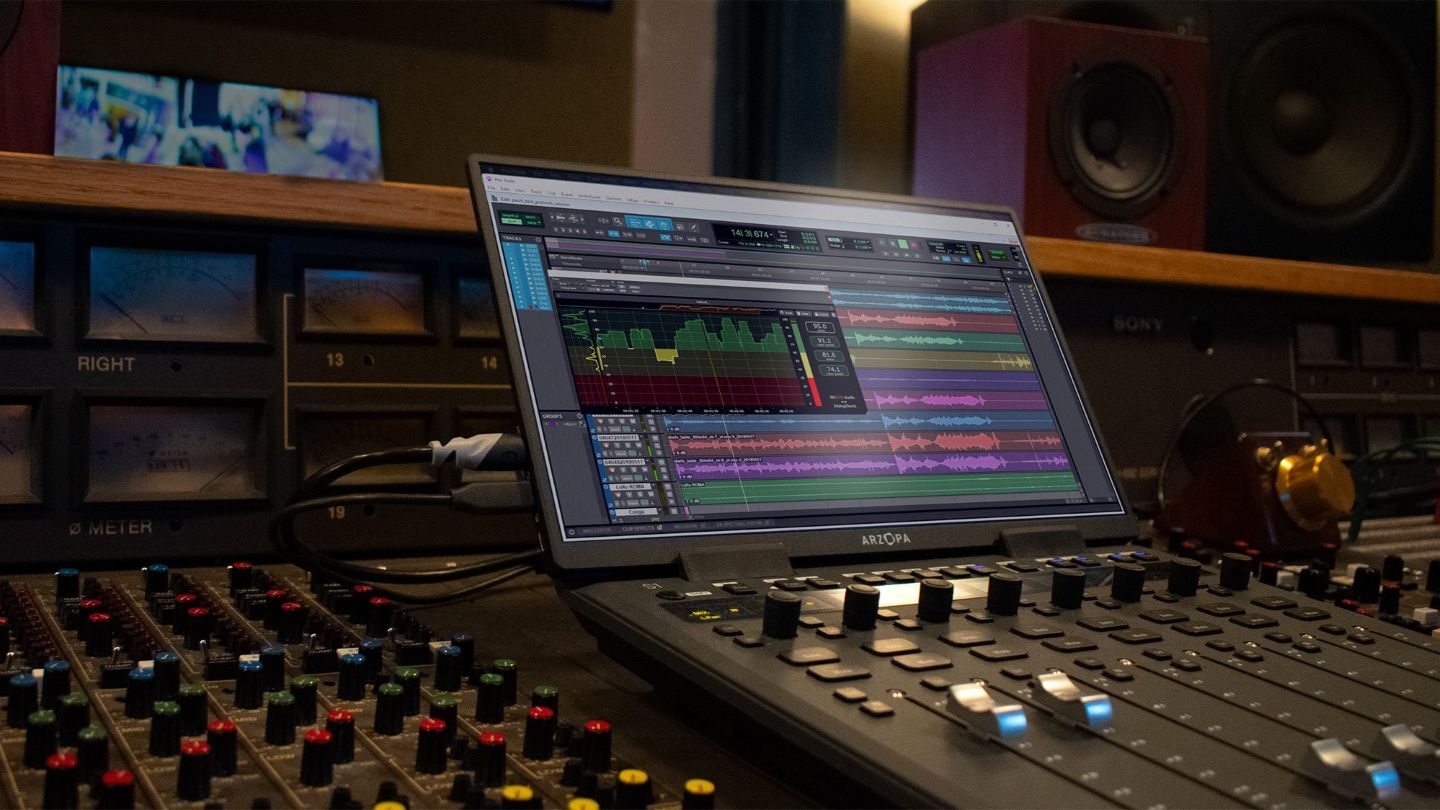The share prices of leading media and entertainment companies have plunged since Donald Trump announced on April 2 his unprecedented round of tariffs on imports into the United States.
Among the major US studios, the share price of Walt Disney is down 16%, Warner Bros Discovery has dropped 24% while Paramount Global is down 11% and NBC Universal parent Comcast has fallen 10%.

Meanwhile, Apple’s share price has tumbled 19%, Netflix’s share price has fallen 11%, while Amazon is down 8% and Roku has dropped 20%.
Within Europe, broadcasting groups have also been hit, including RTL Group (-10%), ITV (-15%), MFE-MediaForEurope (-15%), France’s TF1 Group (-10%) and Germany’s Prosiebensat 1 Media SE (-5%).
All have become caught up in the major stock market sell-offs that have convulsed stock markets around the world since the tariffs were announced.
The US has applied a 10% baseline tariff on all goods entering the country. This baseline tariff will apply to countries such as the UK, Brazil, Australia, New Zealand, Saudi Arabia and Singapore.
A higher round of tariffs comes into effect on April 9. The European Union will have a 20% tariff rate, while there is 24% rate for Japan, 25% for South Korea and 34% for China.
The tariffs will affect all goods – such as cameras and other TV and film industry hardware being imported into the United States - but will not apply to services such as film and TV programmes.
You are not signed in
Only registered users can comment on this article.

Charity publishes set of principles for mentally healthy productions
The Film and TV Charity has unveiled its new ‘Principles for Mentally Healthy Productions’ to help address systemic pressures and poor working practices across the UK screen sector, aiming to improve culture and conditions on productions.

Warner Bros Discovery and BBC report strong Winter Olympics viewing
Warner Bros. Discovery (WBD) and the BBC have both reported strong viewership results for their coverage of the Olympic Winter Games for Milano-Cortina 2026.

Sports programming surges on major streaming platforms
Sports programme offerings across the top five subscription video-on-demand (SVOD) services jumped 52% year-over-year, according to research by Gracenote, the content data business unit of Nielsen.

EIT Culture & Creativity becomes IBC2026’s European Innovation Partner
IBC has appointed the EIT Culture & Creativity as its European Innovation Partner for 2026.

UK’s Production Park wins approval to expand
West Yorkshire-based stage and screen facility Production Park has received planning approval to expand.


